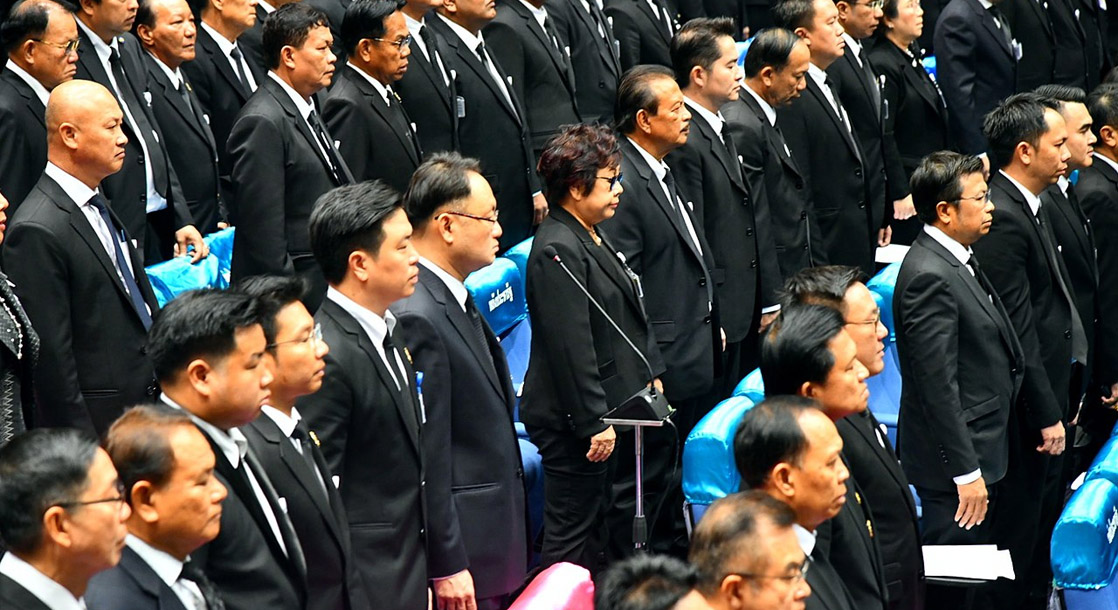Thai lawmakers just missed a key deadline to pass a highly controversial bill to regulate the country’s weird and wild cannabis market.
The Thai Parliament has actually been debating this legislation for well over a year now, but legal weed has proved to be so divisive that lawmakers have been unable to reach a consensus. Thailand initially legalized medical marijuana in 2018, but the country’s weed regulations are so chill that they have essentially created a largely unregulated recreational retail market. Some lawmakers are now scrambling to ban weed entirely again, while others want to keep things exactly as they are.
At its inception, Thailand’s medical marijuana industry mirrored those seen in other countries and US states. Government officials licensed companies to start growing medical pot, and hospitals began prescribing cannabis-based oils to patients. But to everyone’s surprise, the country kept relaxing its weed restrictions. First, the government announced that Thai citizens could grow weed at home, and then officials completely legalized all parts of the cannabis plant.
Thailand still only technically allows people to use cannabis for purely medicinal purposes, and citizens and tourists are expected to follow these rules. The country’s current laws don’t even explicitly ban recreational use, though, and only prohibit commercial cannabis advertising and sales to minors. These relaxed regulations have allowed recreational use to proliferate, and Bangkok’s most tourist-friendly streets are now peppered with weed trucks selling a wide variety of high-THC cannabis products.
Most lawmakers agree that the country needs to ramp up its weed regulations in some form, but the consensus on the issue ends there. The Thai Democrat Party and other opposition groups are arguing that the government should reschedule cannabis as an illegal narcotic again in order to stamp out recreational use entirely. Other parties, including Health Minister Anutin Charnvirakul’s Bhumjaithai Party, are fighting to keep the regulations relaxed.
These political divisions have blocked the current Parliament from finalizing the regulations. The regulatory bill just came up for a second reading in the country’s House of Representatives last week, but lawmakers were unable to muster the majority vote required to pass it. In order for the bill to become law, it would need to be approved by three separate majority votes in the House, and then be approved again by the Senate.
Now that last week’s reading failed to garner majority support, it looks like the bill is dead in the water. Prime Minister Prayuth Chan-ocha is planning to dissolve Parliament before the country holds its next major election in May, and the current legislative body probably won’t have time to pass the bill before then. Lawmakers now expect that the legislation will be tabled until new lawmakers are elected to office in the spring.
“It’s clear that the bill will not be passed in this sitting,” said Bhumjaithai Party lawmaker Supachai Jaisamut to South China Morning Post. “We will resubmit the cannabis bill in the next parliament. People who don’t want cannabis to be criminalized again should vote for Bhumjaithai.”
Cover image via











